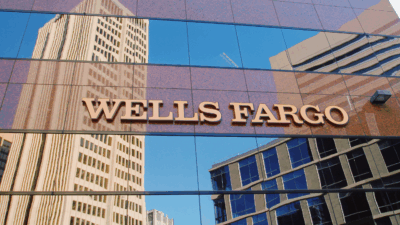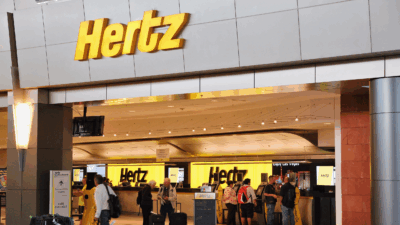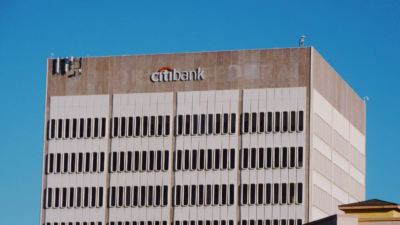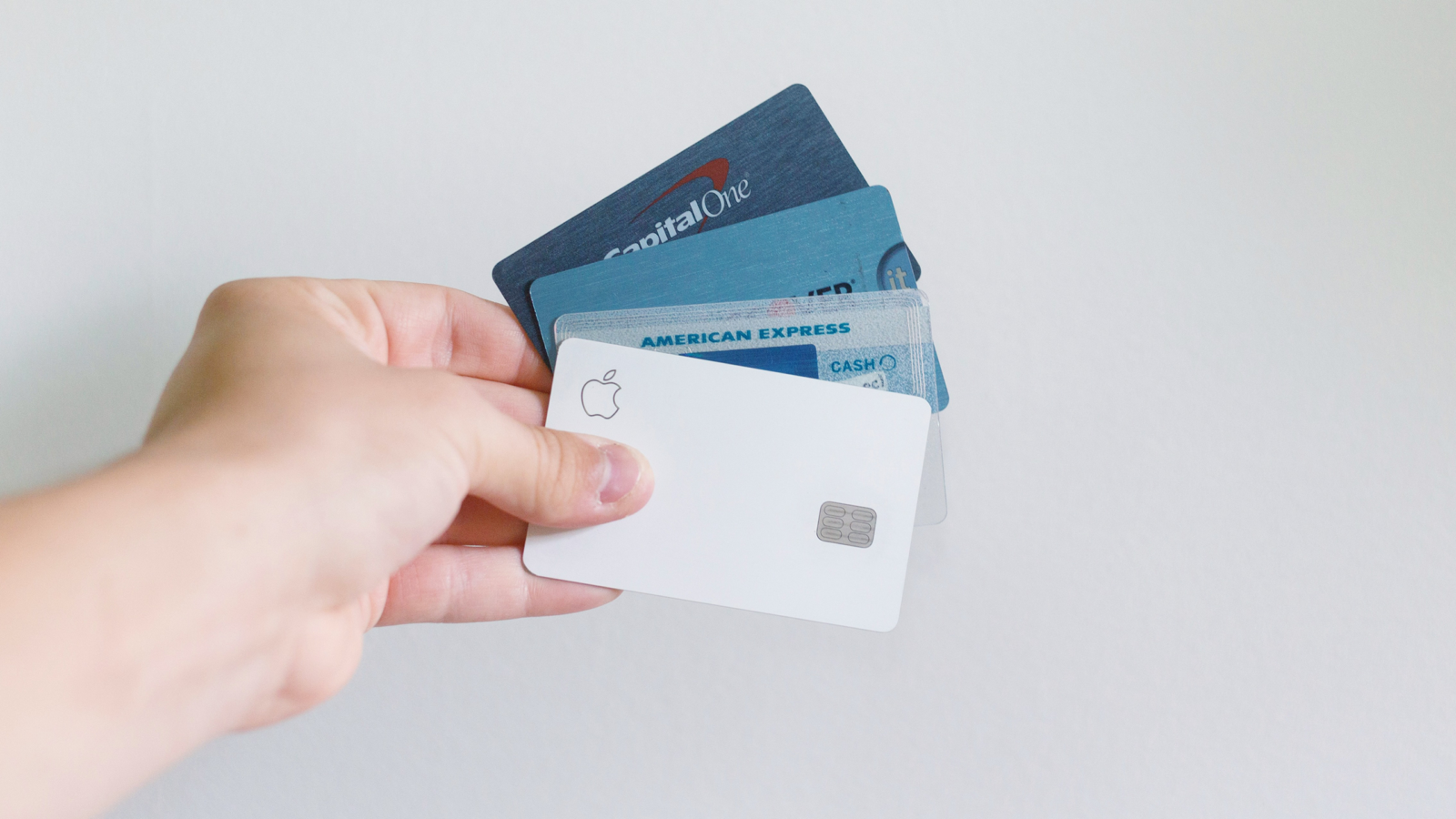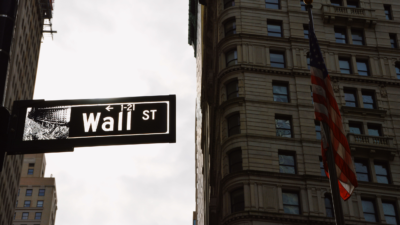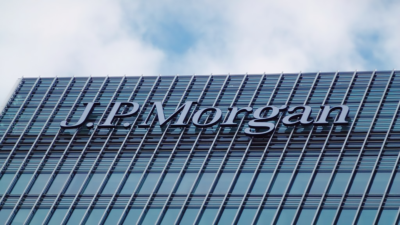
Sign up for smart news, insights, and analysis on the biggest financial stories of the day.
A group of companies run by a predatory New York lender and convicted drug trafficker released from jail last year — and who allegedly threatened cash-advance customers with violence — are using an obscure Connecticut law to freeze the bank accounts of dozens of small businesses across America.
It sounds like an awesome premise for Martin Scorsese’s next movie, but, according to a new Bloomberg report, it’s a real-life Brooklyn drama.
Crime Gets Paid
High-interest lenders and cash advance companies used to rely on New York courts to freeze their customers’ money by using “confessions of judgment.” But these documents — which are basically signed admissions by a defendant that they owe money — were often forged, altered, or even used against people who didn’t owe any money. In 2019, the state banned their use for out-of-state loans to cut down on abuse by predatory lenders.
One of the most prolific users of those confessions was Jared Braun, who New York’s attorney general is currently suing for ripping off cash-advance customers, calling him a “modern-day loan shark.” Sources told Bloomberg that a group of companies run by Braun, operating out of his Brooklyn office but leaving the convicted drug trafficker’s name off their paperwork, have turned to Connecticut. There, lenders can get courts to freeze clients’ money before they even know about it using what’s called a prejudgement filing. Braun got out of jail last year — his sentence was commuted by former President Trump — and those filings spiked:
- In 2020, just 32 cash-advance prejudgments were filed in Connecticut courts, but last year 188 were filed, 112 of them by companies connected to Braun.
- Those, with names including Matrix Advance and Gofund Advance, have filed against over 100 small businesses for more than $10 million, often claiming annual interest over 500%.
Shark Bite: One pharmacy near Houston had $14,600 frozen across two bank accounts, and one of the Braun-associated companies convinced its owner to add $10,000 to a loan with 700% annual interest to have the funds released.



